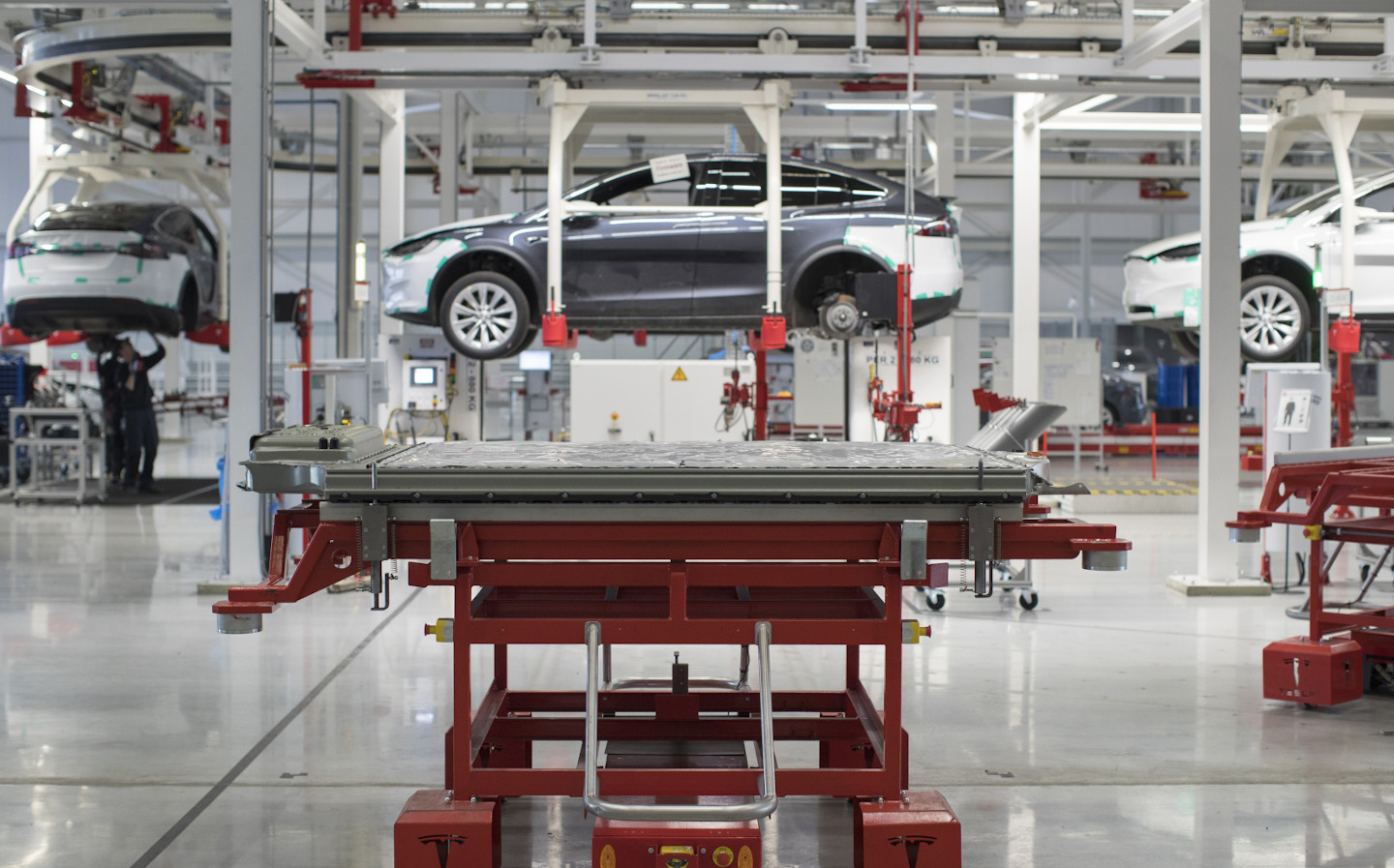Tesla supplier creating battery capable of 1.24 million miles and 16 years of use
Could reduce initial cost, improve residuals and reduce waste
ONE OF the environmental fears of electric car ownership involves the longevity of the lithium ion batteries that power them. Warranties cover around 60,000 – 150,000 miles over three to eight years, and estimates put a battery’s life at around 10 years, depending on size, regularity of use and how well you take care of it. Batteries are only expected to be reduced in efficiency at that point — not rendered completely useless — and could potentially be reconditioned.
But now a Chinese company is reported to have made electric car batteries even more durable. Contemporary Amperex Technology’s (Catl) has created a battery that it claims will be capable of powering your car for a total of 2m kilometres (1.24m miles) before it needs replacing, which equates, it says, to 16 years of ownership.
If proven true, the increased lifespan could lower the price of battery electric vehicle ownership, improve residual values (the rate at which the value of the car drops over time) and increase environmental credentials; a battery with such a long life could reduce the total number manufactured.
Catl, which already supplies batteries to Tesla — for the Model 3 — and has other clients including Volkswagen, BMW, Toyota and Volvo, says that it is ready to produce the market-changing batteries as soon as an order is placed. The chairman of the company said there is a premium for the new technology, though: extra-life battery costs 10% more than those used in EVs currently.
The company has not said to which companies it intends to supply the new battery but Reuters reported in mid-May that it was being developed by Catl with the help of Tesla, and that the latter’s enigmatic CEO Elon Musk has been teasing investors with promises to reveal significant advances in battery technology. The report said that Tesla expects the new battery to bring the cost of EVs down to match those of their combustion counterparts.
The new batteries reportedly have lower cobalt levels than previous units. Musk has been saying for some time that he has wanted to eliminate cobalt from the batteries used in Tesla cars. It is considered a key component in batteries but it is the most expensive material used in their construction and is often mined in unethical circumstances. The new units also reportedly have chemical additives, materials and coatings which allow the battery to store energy for longer.
The news will be another encouragement to those wishing to buy an electric car but put off by the initial cost and concerns about the reliability of the technology, and bolsters the technology’s position as the priority in the post-lockdown landscape. It was reported this week that the UK government is considering a scrappage scheme whereby people can get £6,000 off the cost of buying an EV if they scrap a car they have owned for an as yet unspecified period of time. A similar scheme implemented after the 2009 financial crisis gave £2,000 off a new car if the customer scrapped a car more than 10 years old.
All of this could accumulate into a purple patch for electric motoring — the Tesla Model 3 has been the UK’s best selling new car the last two months in a row (although lockdown has been an unprecedented disaster for car sales, with overall registrations falling 97% in April and 89% in May) and Grant Shapps, the transport secretary, announced billions of investment into the UK’s electric car charging network last month.
Tweet to @KieranAhuja Follow @KieranAhuja
Government considers £6,000 scrappage scheme for electric car buyers
James Dyson reveals full scale of work that went into abandoned electric car project





